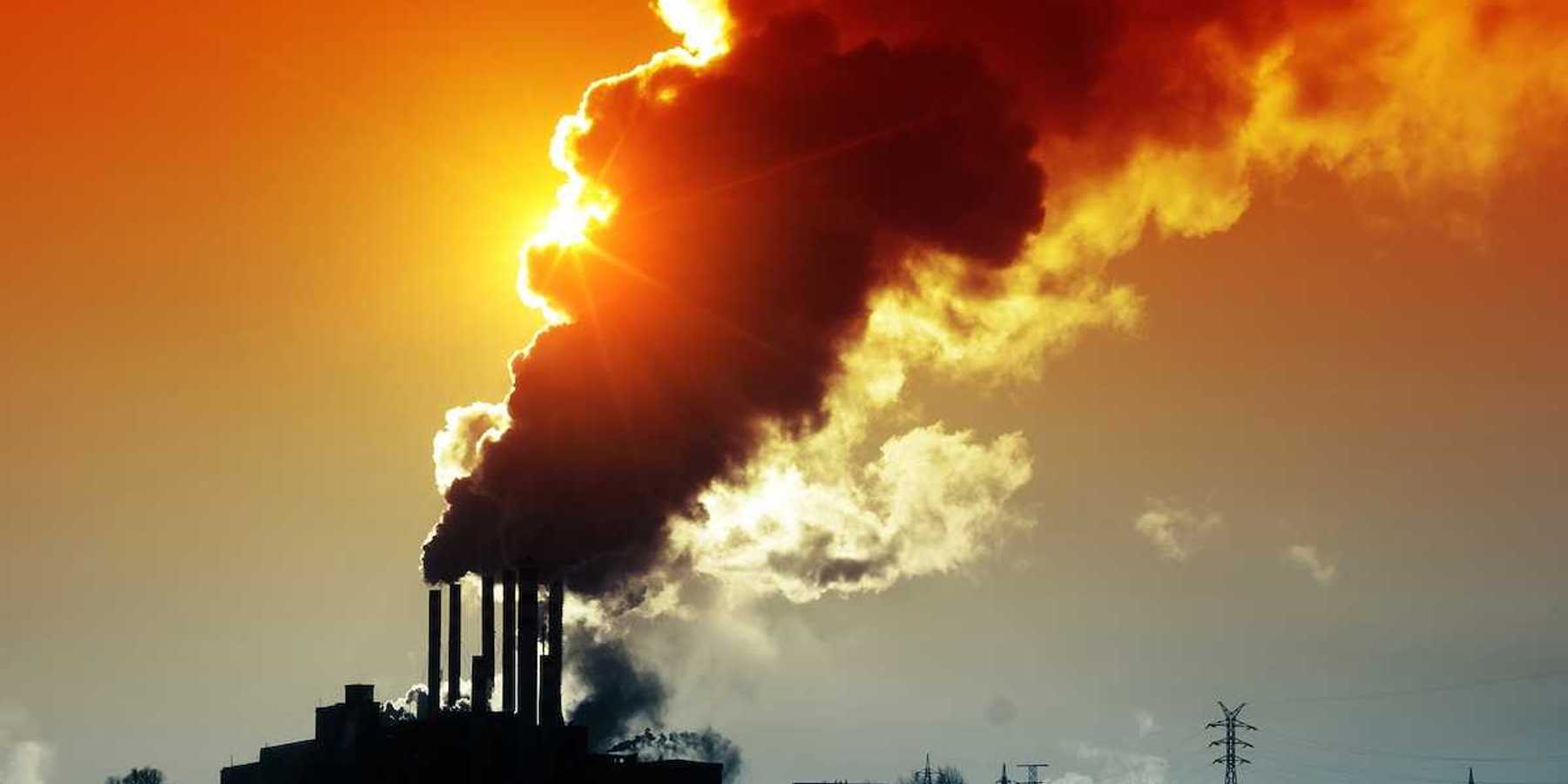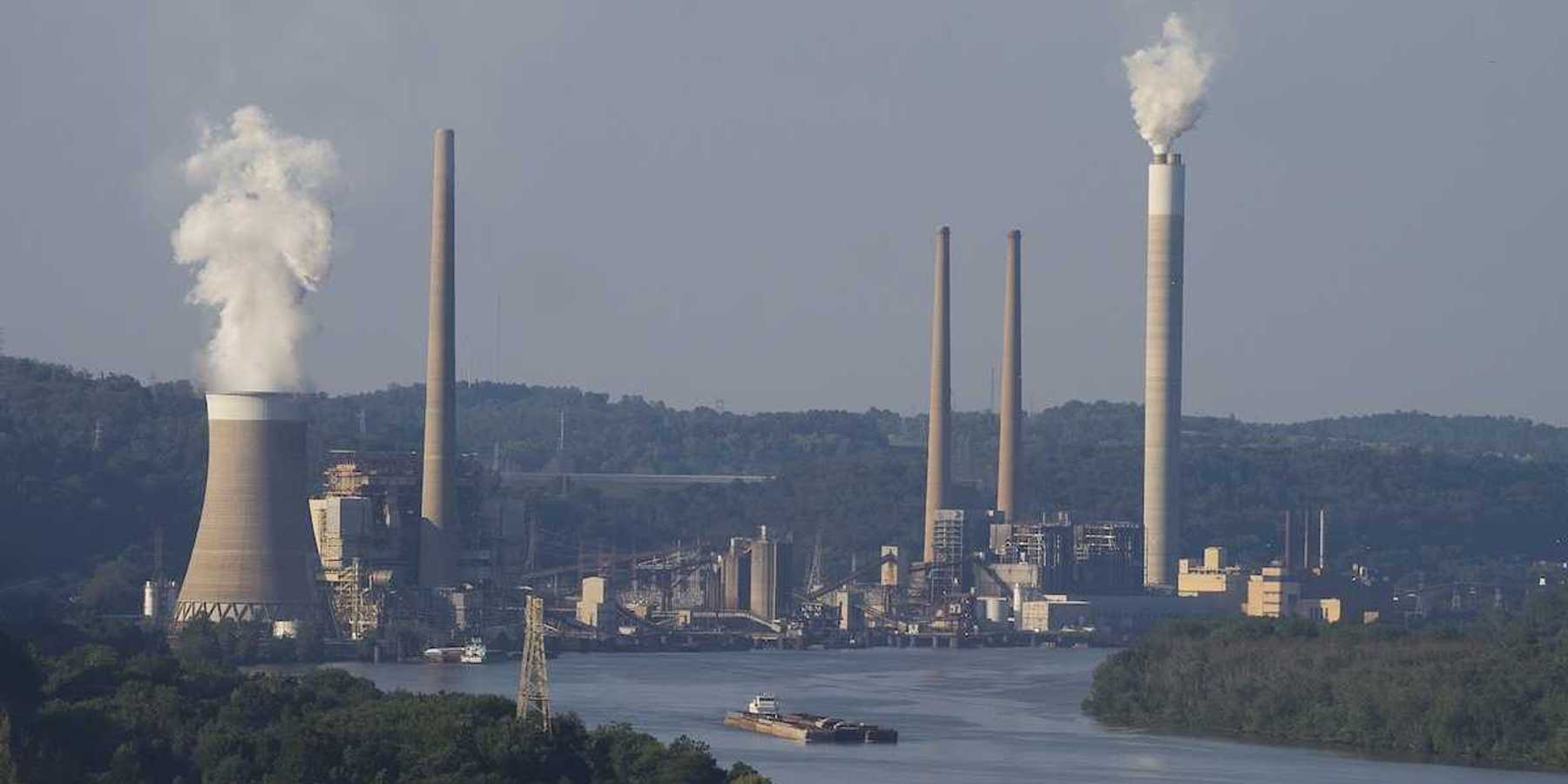Solar farms provide more than clean energy by supporting pollinators
As solar farms expand, some developers are using the land beneath panels to nurture pollinator habitats, but the success of these efforts varies widely.
Catrin Einhorn reports for The New York Times.
In short:
- Solar farms can combat both climate change and biodiversity loss by providing habitats for pollinators like bees and butterflies.
- Standards for pollinator-friendly solar farms are inconsistent, with accusations of greenwashing in cases where habitat efforts are minimal.
- Studies show that well-designed solar farms can significantly increase insect populations, but many projects fall short of their ecological potential.
Key quote:
“It’s not fair if some people are truly stepping up to do this right and another company is barely doing anything and saying they’re pollinator friendly."
— Scott Black, executive director of the Xerces Society for Invertebrate Conservation
Why this matters:
Despite the promise, these nature-friendly setups are still the exception rather than the rule. If scaled up, we could start to see solar farms not just as green energy producers but as critical players in reversing habitat loss. Read more: We must adapt to climate change. Can we do it in ways that solve other problems too?













